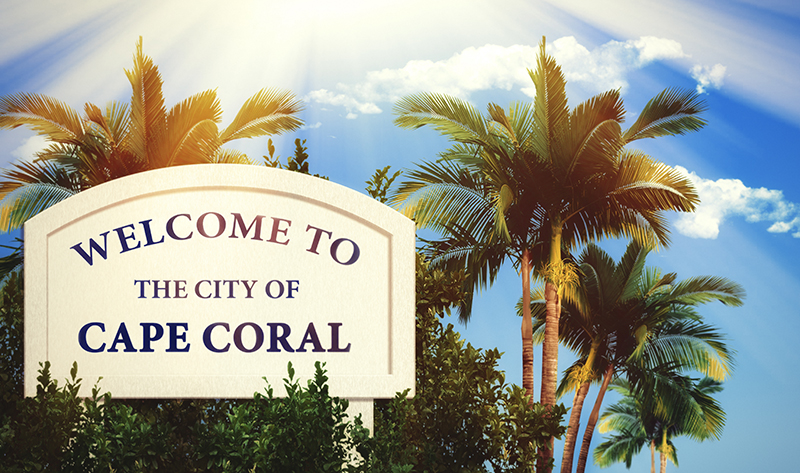CAPE CORAL IS ONE OF THE FASTEST GROWING CITIES IN THE COUNTRY!
People from all regions of the U.S. are moving to Cape Coral for the opportunities and quality of life.
ABOUT CAPE CORAL
LIFESTYLE
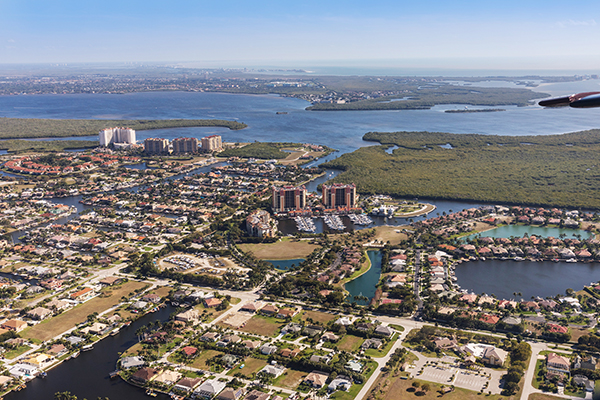
As of 2018, Cape Coral is the 8th largest city in Florida by population. More the 60% of the population is between 15-64 and residents under 25 outnumber residents over 65. This younger demographic makes for a vibrant and exciting lifestyle with endless opportunities for recreation, shopping and dining. Cape Coral has over 400 miles of navigable waterways, more than any other city in the world, making it a haven for boaters and anglers alike. There are many access points to the Gulf of Mexico including the Caloosahatchee River and Matlacha Pass. There are 3 public boat ramps along with many private marinas for accessing the canal system.
SunSplash Water Park
Cape Coral is the home of SunSplash Water Park, a major tourist attraction in the region. SunSplash is a 14-acre water park with water slides, tubing slides, pools and a lazy river. The park is open from mid-March to mid-October.
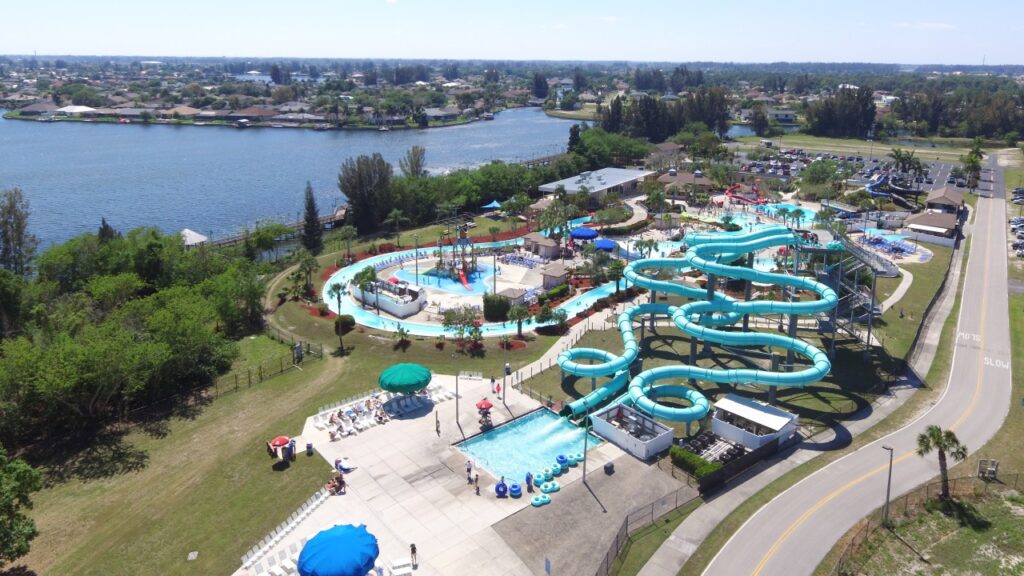
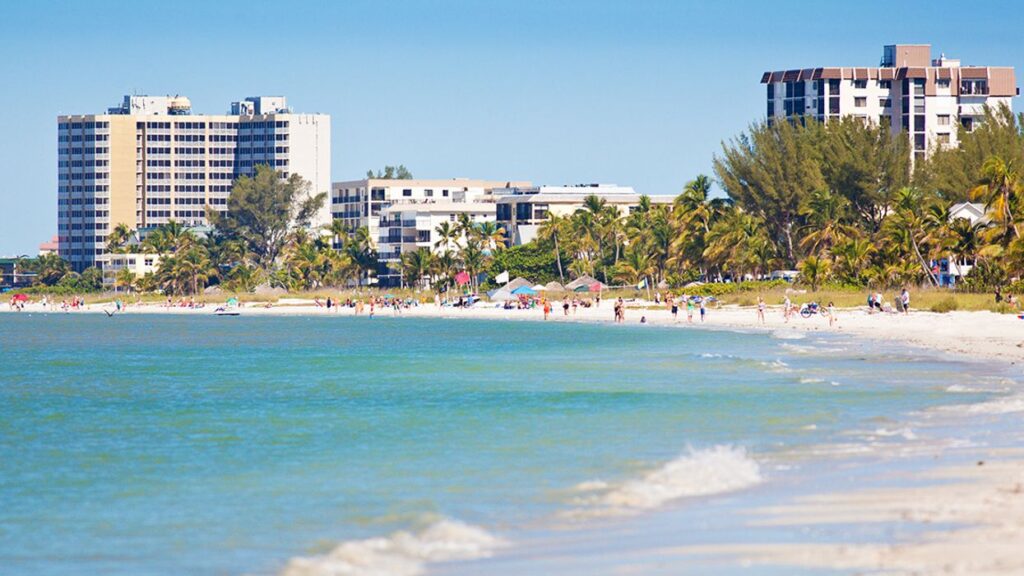
Beaches
The white sandy beaches of Southwest Florida are the area’s most popular destinations, with visitors and residents alike flocking to them daily. Cape Coral offers a variety of Gulf beaches within 15 miles, such as Sanibel/Captiva Islands and Fort Myers Beach
Parks and Golf Courses
Cape Coral has over 30 recreational parks which includes playgrounds, open fields, pavilions, workout equipment, walking paths, and much more. The city is also home to 7 golf courses in which some include a shooting range and golf lessons.
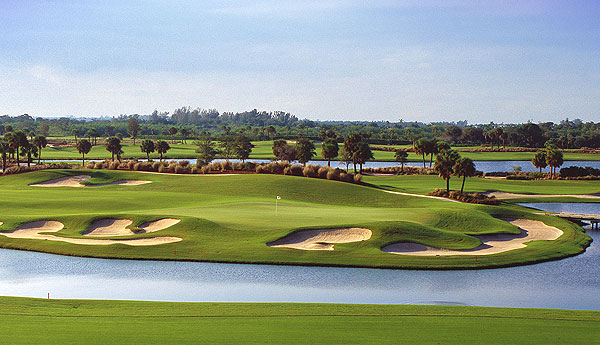
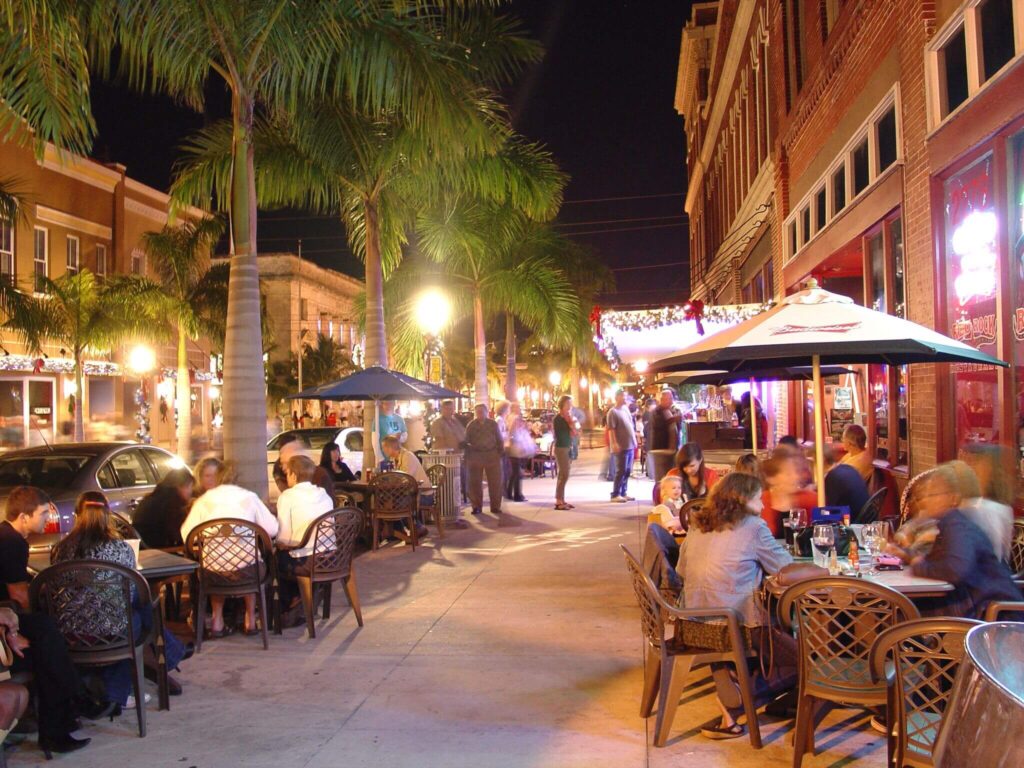
Cape Coral’s cultural assets include the Historical Museum, the Art Studio, the Cape Coral Art League, and the Cultural Park Theater, a 187-seat performing arts facility that serves as home to community actors. In addition, there are several regional arts and performance venues in the immediate area, including the Barbara B. Mann Performing Arts Hall. The Southwest Florida Military Museum located in downtown Cape Coral, features a wide collection of military artifacts from U.S. history.
Across the Caloosahatchee River, the city of Fort Myers has attractions like the Ford & Edison Winter Estates, the IMAG History & Science Center and the River District entertainment area.
ECONOMY
Located in Northern Lee County Florida, Cape Coral is the 8th largest city in the state. Founded in 1957 as a planned community, the population has grown to 204,549 in 2021 since the 2010 census, an increase of more than 30%. It is currently the 117th largest city in the US and is the largest city between Tampa and Miami.
There are an estimated 65,287 households in Cape Coral as of 2019, with an average household income of $61,599. The median property value is $229,400 as of 2019, up from $214,700 in 2018. The percentage of people who own homes is 74.5%.
The economy in Cape Coral is based on health care services, retail, and real estate/construction. The city’s Economic Development Office promotes and incentivizes business relocation to Cape Coral. In 2016 the city’s top five employers were the Lee Memorial Hospital, Lee County School System, Publix Supermarkets, City of Cape Coral and Walmart.
